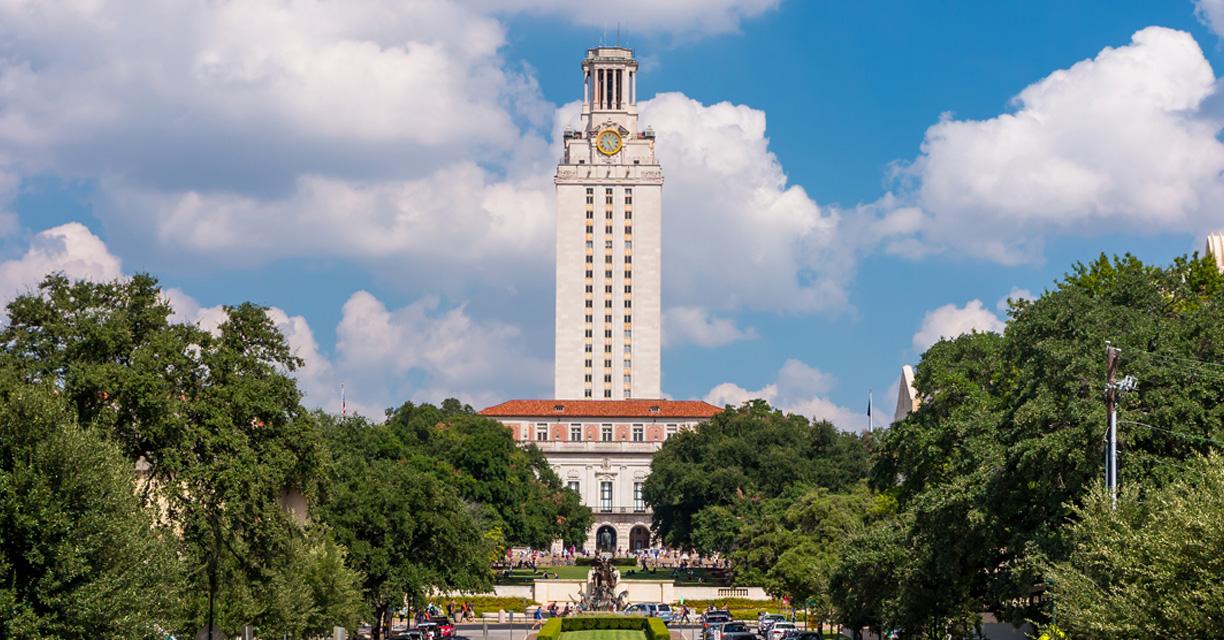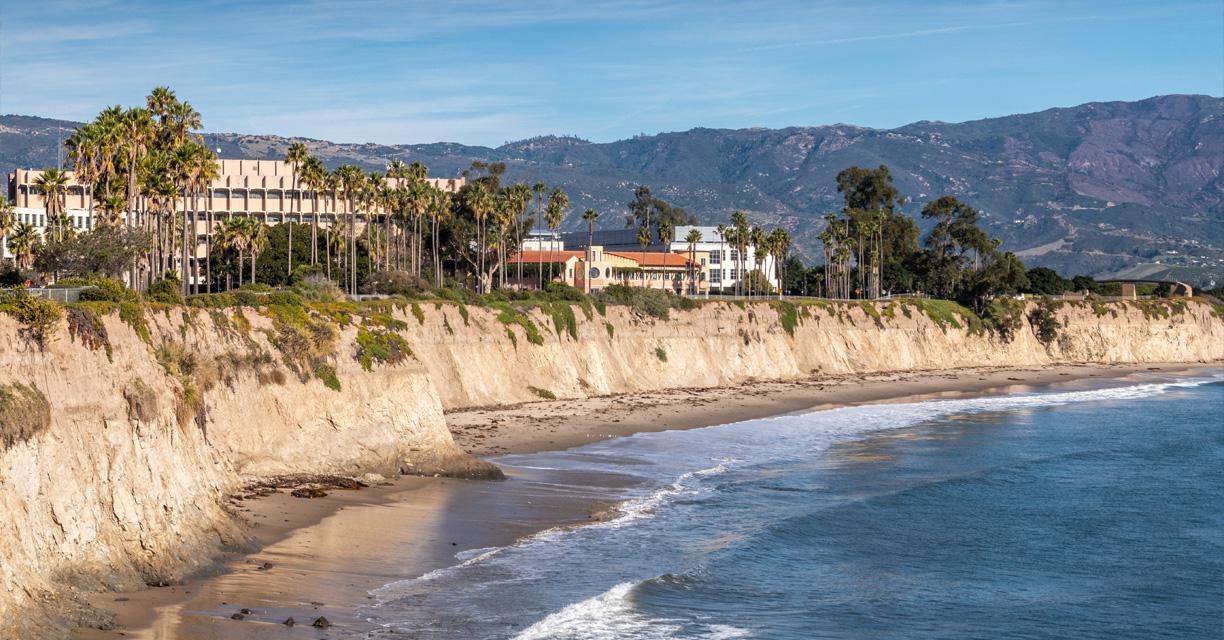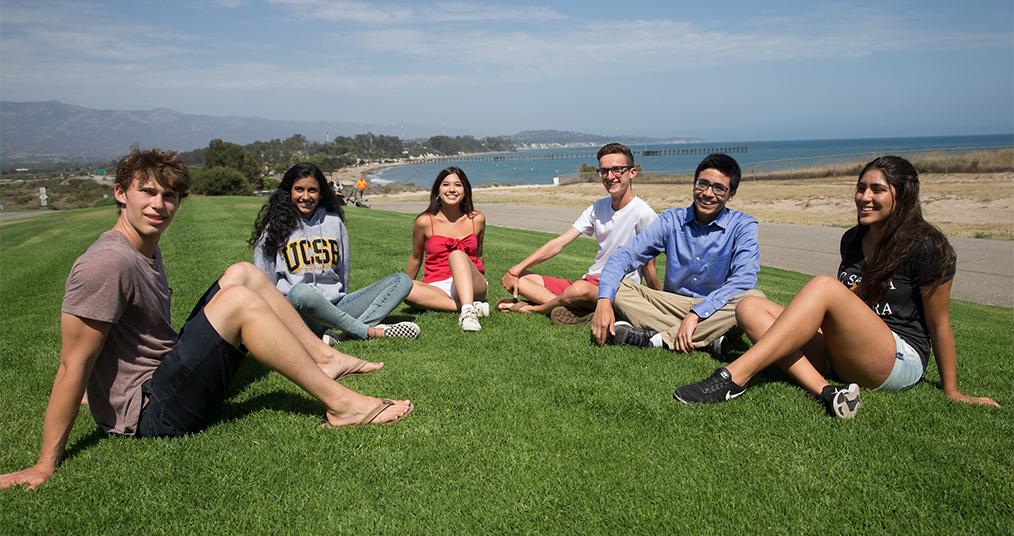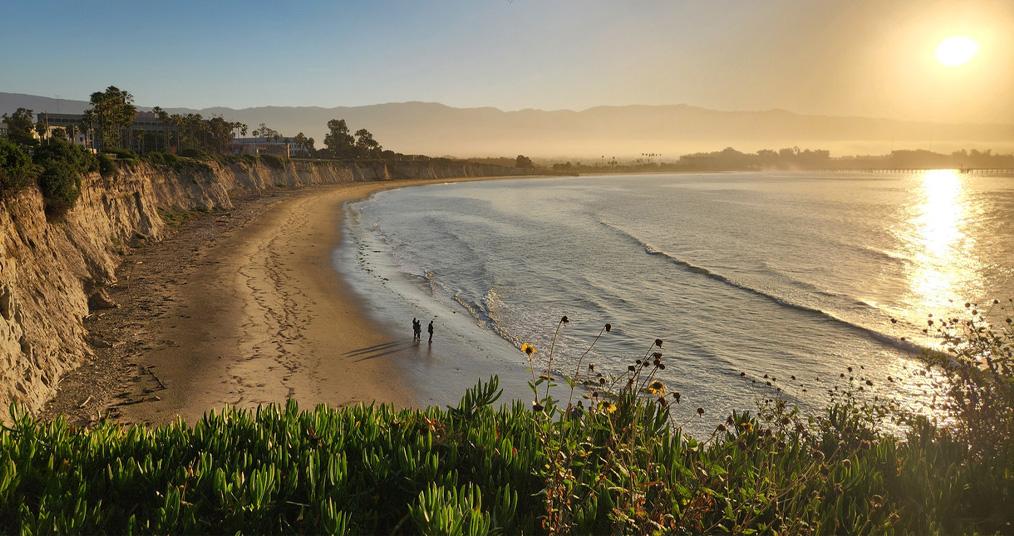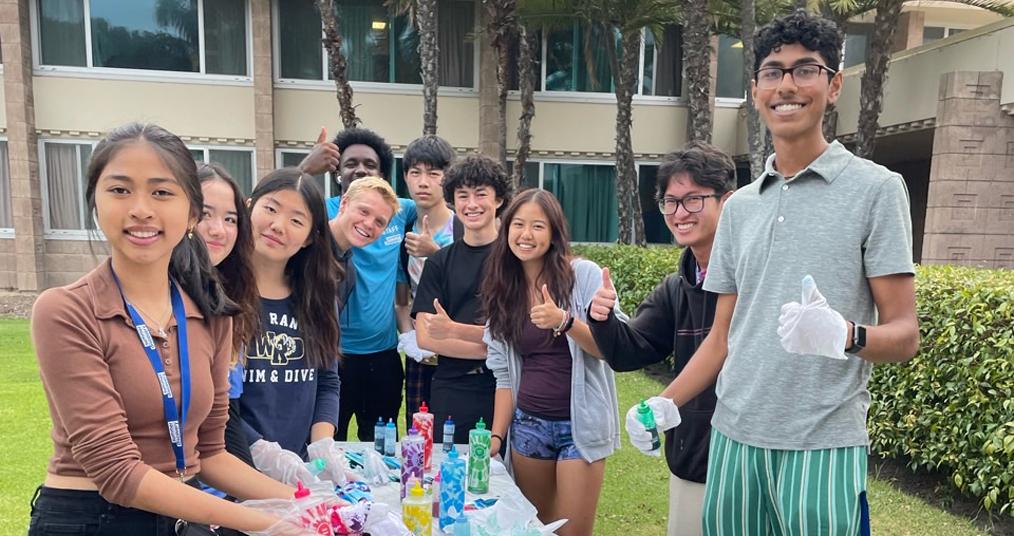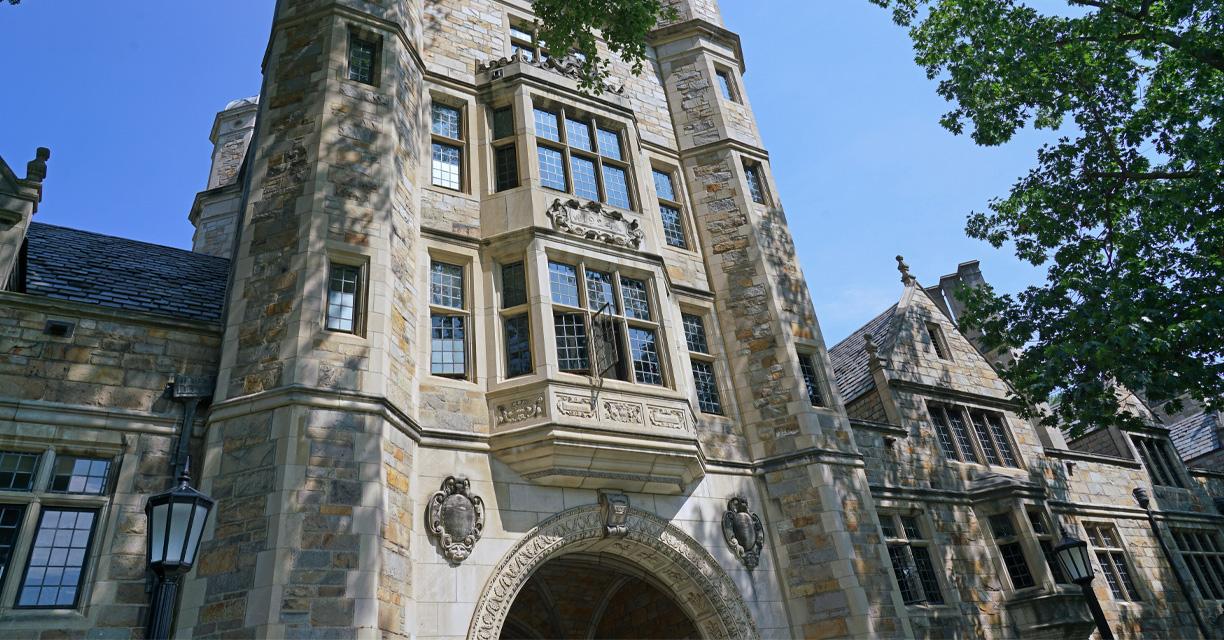
At A Glance
UC Santa Barbara
Subject AreasTuition Range$8,224 - $11,874Grade Levels9th – 12th
Summer at UC Santa Barbara
Ready to explore the beautiful beaches and scenic mountains of Santa Barbara while conducting research and taking academically intensive courses in your favorite subjects? Located on the edge of the Santa Ynez mountains and overlooking the Pacific Ocean, University of California, Santa Barbara provides a dynamic living and learning environment where students can make their dreams a reality.
Summer Sessions, in partnership with Summer Discovery, will be running two pre-college programs on campus this summer. The Research Mentorship Program (RMP) and the Summer Research Academies (SRA) allow participants to discover interdisciplinary subjects while acquiring new knowledge through university-level research. These transformative summer experiences are designed to shape each student's academic, professional, personal, and social development. We can't wait for you to join us on campus at the University of California, Santa Barbara, and learn from top instructors at one of America’s top public universities.
Top Campus Activities:
UC Santa Barbara Programs
Summer Discovery offers high school programs at UC Santa Barbara.
High School
Summer Discovery's pre-college program gives teens a head start in understanding college life. From designing their own schedule to immersive travel experiences and adventures both on and off campus, our programs are that perfect blend of serious and fun. Summer Discovery provides an opportunity to hone in on your passion through diverse course offerings, make lifelong friendships, and return to high school a more confident version of yourself, while building that college resume.
More InfoMore InfoResearch Mentorship Program (RMP)
The Research Mentorship Program is a competitive summer program that engages qualified, high-achieving high school students worldwide in interdisciplinary, hands-on, university-level research. Students will be paired with a mentor (graduate student, postdoc, or faculty) and choose a research project from a long list of disciplines offered by the program each year.
Along with their mentor, students will learn about research techniques, gain insight into professional research-based opportunities, and mature their academic goals. The GRIT talks lecture series will connect students to some of the best minds within the UC Santa Barbara research community as they present their ground-breaking research and innovative technology. Along with these academic benefits, students will be immersed in university life and network with equally ambitious and curious peers.
More InfoMore InfoSummer Research Academies (SRA)
UC Santa Barbara's Summer Research Academies offer a dynamic summer experience that engages qualified high school students in project-based, directed research in STEM, Humanities, and Social Sciences fields. Students will take a 4-unit university course in which they choose and develop a research topic specific to the track they select, under the direction of an instructor who is conducting active research in that field.
Students will develop academic and professional skills by presenting their research findings in a capstone seminar, networking with peers, and experiencing university life in a challenging environment. The GRIT talks lecture series will connect students to some of the best minds within the UC Santa Barbara research community as they present their ground-breaking research and innovative technology. Along with these academic benefits, students will be immersed in university life and network with equally ambitious and curious peers.
More InfoMore Info
Available Courses
Discover our curriculum offerings across various subject areas, complete with detailed descriptions to help you pick the perfect courses. Immerse yourself in unforgettable locations as you embark on your best summer yet!
High SchoolHigh School
At A Glance
UC Santa Barbara
Subject AreasTuition Range$8,224 - $11,874Grade Levels9th – 12th
- Housing
- 3 meals during the weekday, 2 on the weekend
- Transportation for included activities
- Use of athletic and recreation facilities
- Blanket and pillow
- Safety and supervision
- Contact a program specialist for more information at 516-447-4907.
- Application fee
- Airfare and airport transfers
- Supplemental course fees may apply
- Meals eaten off campus
- Medical expenses
- Laundry
- Linens
- Spending money
- For international students, the international registration fee is $379 (residential)
Other Campuses
Explore the collection of academic and enrichment programs we offer at top tier universities across the world.

University of Michigan
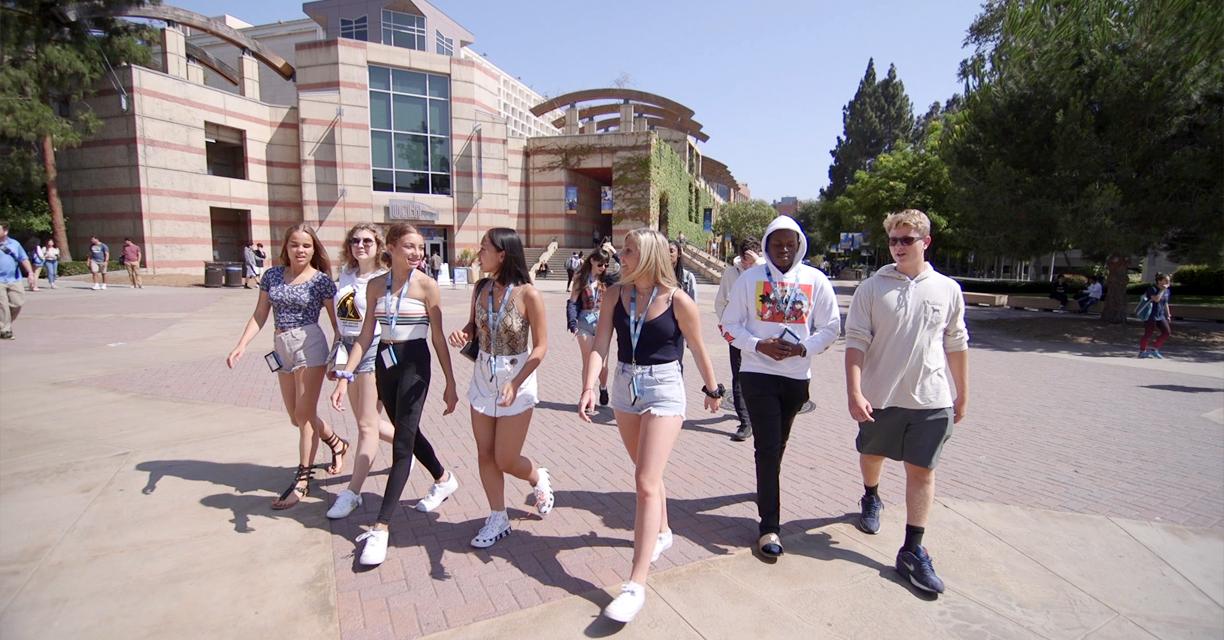
UCLA
